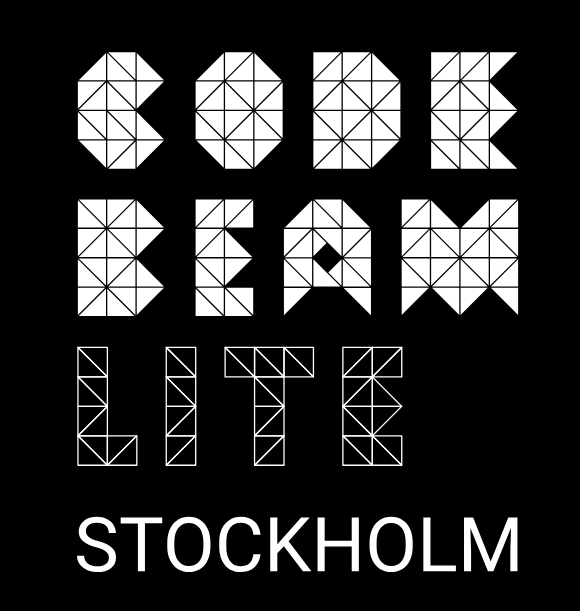
Code BEAM Lite London 2026
March 06 - March 06, 2026
One day celebration of all things BEAM is coming to London! This event offers a unique opportunity to meet locally, learn from industry experts, and network with fellow Erlang, Elixir and Gleam enthusiasts.
Learn More →
ElixirConf Málaga 2026
April 23 - April 24, 2026
Join the biggest Elixir conference in the world!
Learn More →
Code BEAM Lite Stockholm 2026
May 18 - May 18, 2026
Join us for a full-day celebration of the Erlang and Elixir ecosystems at Code BEAM Lite Stockholm!
Connect with fellow developers and innovative companies building high-performance, fault-tolerant applications that scale to billions of users across Fintech, eCommerce, IoT, Gaming, Blockchain, Security, Machine Learning, and more. Building on the legacy of Erlang Users and Erlang Factory, this event is your opportunity to learn, share, and grow with a vibrant community. Don’t miss out!
Learn More →Promote your Event
Click here to submit an event
If you know about a related event that is not yet listed here or that you run on your own, contact us at events@erlef.org
